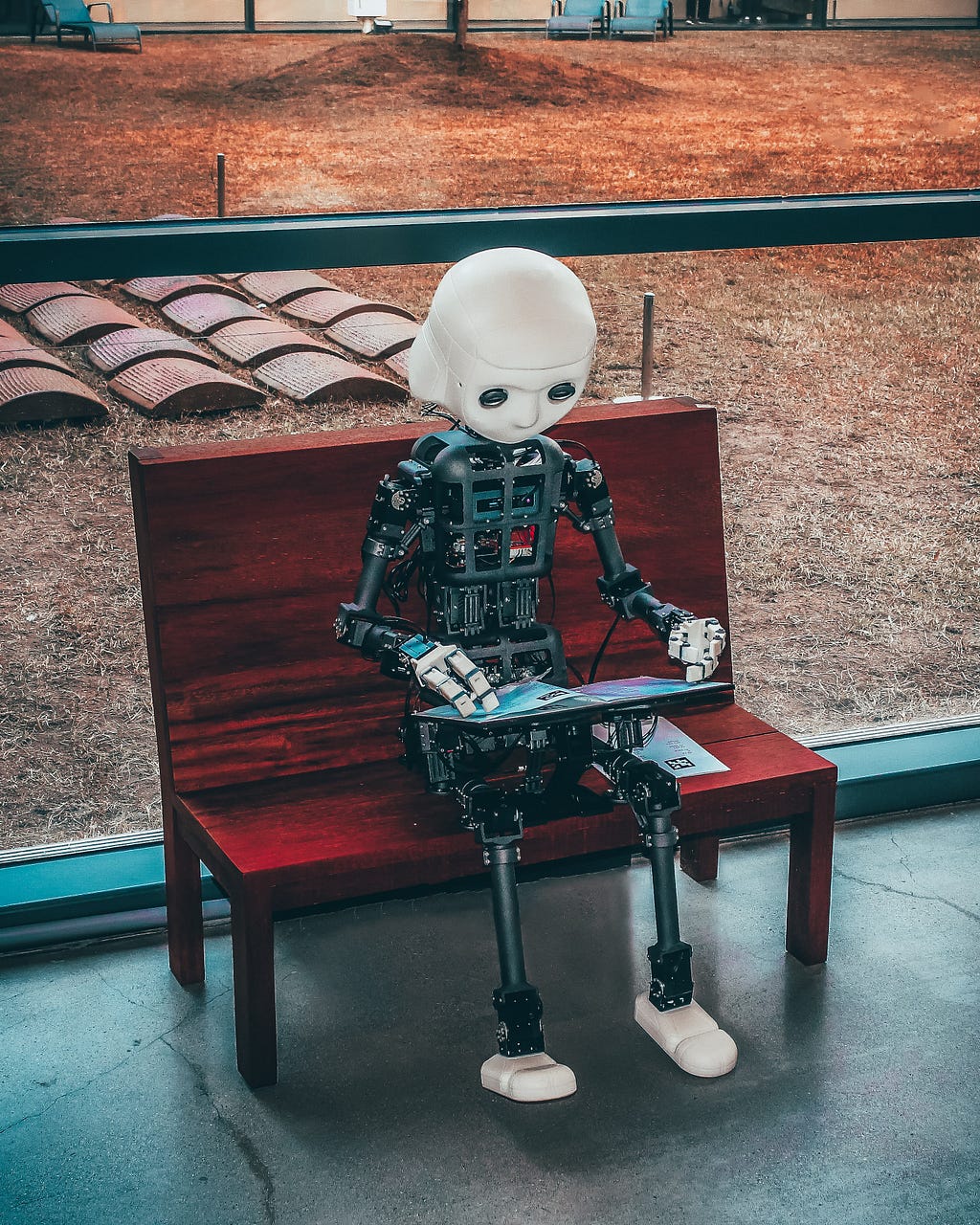
Trading with AI, a dream or reality
Last Updated on May 24, 2022 by Editorial Team
Author(s): Ali Ghandi
Originally published on Towards AI the World’s Leading AI and Technology News and Media Company. If you are building an AI-related product or service, we invite you to consider becoming an AI sponsor. At Towards AI, we help scale AI and technology startups. Let us help you unleash your technology to the masses.
Trading With AI, a Dream Or Reality
I am sure you see multiple stories about how AI can trade in the market without emotion and rational decision-making. But is this true? I believe the short answer is “No”, at least in 2022 🧐.
If you want to know the details, let’s dive deeper into the subject.

First of all, let’s define the goal. When we say AI should trade in markets, what does it mean? It means we need a complex system to decide as accurately as possible about market positions. Maybe we expect the model understands the bearish and bullish market and always take advantage of what happens. For us, it’s like an experienced hedge fund that is always awake and clever enough to predict the future as it can see many observations at a glance.
Some of us look at the AI model as a portfolio manager for holding positions that are swapped between assets. Some of us look at this as an asset recommender. As you can see, we have several expectations from what we called it AI.
So the first lesson is:
Too many objectives here, and no single machine can understand all of these goals. Most ML and DL algorithms do a curve fitting or try to minimize their cost functions. You can not set too many cost functions here. If we want to have all of these applications, we need to define each one as a mathematical formulation and then try to learn it.

Is there a human who can always win the trading game based on his strategy? Obviously, if there is such a person, they ruin the game rules. Imagine a hole in markets where all wealth goes there and vanishes because someone finds the market mechanism and can predict what’s happening next. As someone finds a rational relation in the market, it will change the dynamics because it has too many players, and they all want to optimize their profit-making strategy. Because these players are not frozen, market dynamics will change periodically.
So the second lesson is:
Too many dynamic players in market means that, there is no long term rules in the market. If someone find a solution, market should react to that and change status before it collaps.(look at that strategy as blackhole)

Is it pointless to use the power of AI in Finance? If there are no long-term stationary dynamics and no single objective to optimize?
What is missing here is that we forget our real problem. We like to be masters in the market; the master can fail, so your ai model will fail in some situations. You can forget about predicting market movements(or at least do not focus on that single goal) and try to model other kinds of dynamics. What do people think about the market in social media? How will market volatilities be in the long run? How can you model risk/reward and manage your risk instead of predicting the market? And many other questions like that.
It’s not a classic problem, and it will change periodically and maybe make new patterns sometimes. So you can not behave it like a classic AI problem. The feature importance varies from time to time, so you can not freeze your model for the long term.
So the third lesson is:
We may use historical data for training our models, but meanwhile the relations change and we add more noises to data set. You need lot’s of data to train models and on the other hand they can make a noisy situation for model as relations change.Always remember this trade-off.

Predicting the future is a possibility. It’s a distribution of actions. So when working with AI, we should be aware of these distributions. That is why I think we need multiple AI for different parts of the market and then do an explainable rule-base module for decision making. As a human, our decision-making module should be dynamic and try to maximize profitability based on changing strategies. Here, AI can help clarify the details behind the scenes, which a human can not do most of the time rapidly.
So the fourth lesson is:
AI can predict diffrent asspects, not always accurate but as accurate as it can, quickly, but the final descion should be explainable as you need to change it from time to time.

Conclusion
It’s not an easy problem, and a single post on this topic will not comprehensively cover all aspects. But what you should know is that AI is not here always to solve the ultimate goal with single shots. Even humans as traders use different trading mechanisms, and they have some mature rules. Use AI as a tool whenever you see a gap in their tool. Choose an isolated objective from most aspects and then try to model that one. Following some general goal like predicting the market is not something, a curve-fitting problem can solve. Use more data analysis and preprocess and post-process, It’s not a magical box, but simple mathematical rule generation tries to find complex relationships between input and outputs.
Be clear about decision-making strategy, It’s ok to take advantage of AI to model this decision, but It should be explainable then. You can determine when you should change these strategies based on new dynamics.
Trading with AI, a dream or reality was originally published in Towards AI on Medium, where people are continuing the conversation by highlighting and responding to this story.
Join thousands of data leaders on the AI newsletter. It’s free, we don’t spam, and we never share your email address. Keep up to date with the latest work in AI. From research to projects and ideas. If you are building an AI startup, an AI-related product, or a service, we invite you to consider becoming a sponsor.
Published via Towards AI
Take our 90+ lesson From Beginner to Advanced LLM Developer Certification: From choosing a project to deploying a working product this is the most comprehensive and practical LLM course out there!
Towards AI has published Building LLMs for Production—our 470+ page guide to mastering LLMs with practical projects and expert insights!

Discover Your Dream AI Career at Towards AI Jobs
Towards AI has built a jobs board tailored specifically to Machine Learning and Data Science Jobs and Skills. Our software searches for live AI jobs each hour, labels and categorises them and makes them easily searchable. Explore over 40,000 live jobs today with Towards AI Jobs!
Note: Content contains the views of the contributing authors and not Towards AI.














